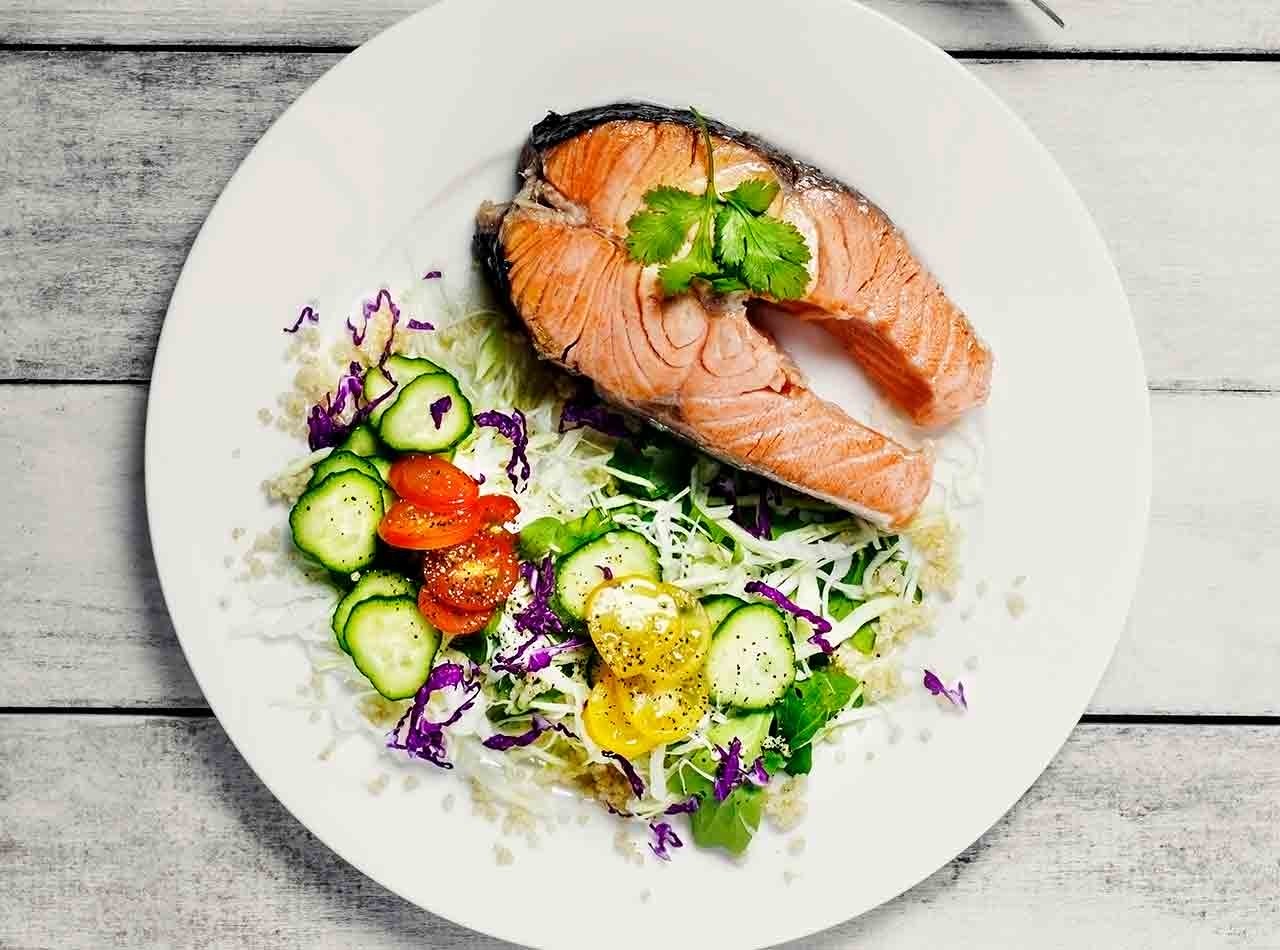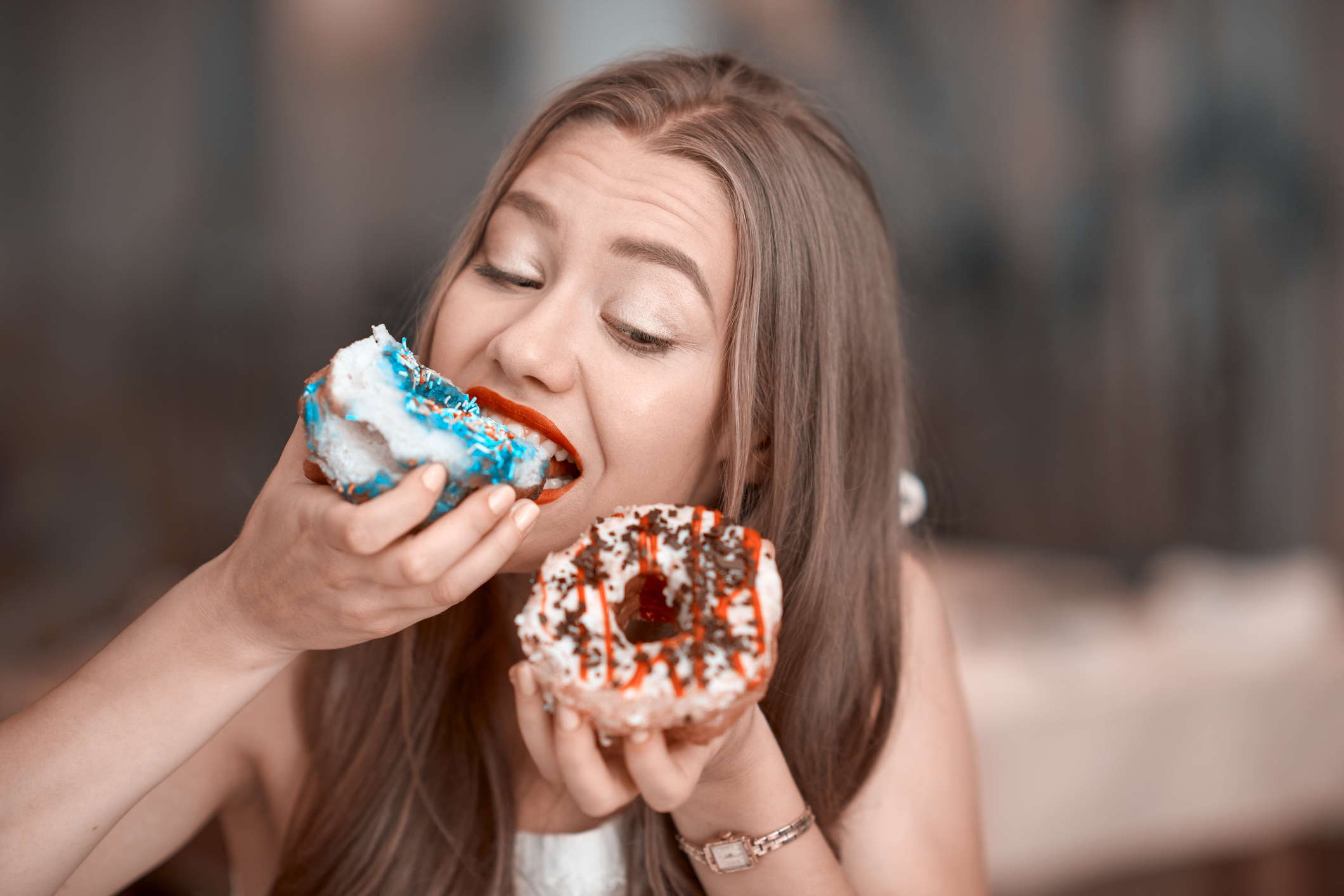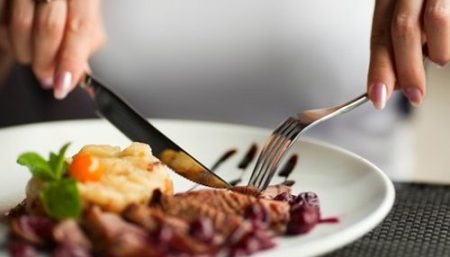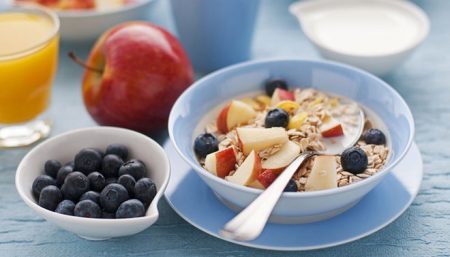
Scientists say inability to lose weight isn’t just down to a lack of willpower. It is due to a person’s individual make-up – the genes, hormones and psychology. The latest weight-loss theory is that instead of reaching for a one-size-fits-all diet, people should follow one that is tailored to their individual needs.
Leading obesity experts and BBC Science have put this theory to the test nationally. Over three months, 75 dieters were put through a series of tests and monitored at home. The study was overseen by scientists from Oxford and Cambridge and their research teams. The study looked at three types of overeaters, namely,

- Feasters (who find it hard to stop eating once they start): Research shows hormones play a big part in their eating habits. In particular, they produce astonishing low levels of gut hormones that are released when food arrives in the intestines. These chemical signals travel through the blood to the brain and tell the body when it has had enough food and should stop eating, in case of feasters these signals are missing in case of feasters.
- Constant cravers (who feel hungry all of the time): Their “hungry brains” often want fatty and sugary foods. Scientists know certain genes make people this hungry. They disrupt the way signals are sent to the brain telling it to stop eating, tricking it into thinking fat stores continually need replenishing.
- Emotional eaters (who turn to food when they get stressed or anxious.): When the brain perceives a person is in difficulty, it triggers changes to the body, like the heart rate increasing. This stressed state makes it even harder for people to overcome what they are facing. This sort of eater has developed habits that are hard to break and in stressful times their brains seek out a reward.
Seeking Answers:

Feasters
- A diet that makes them feel full for as long as possible.
- Scientists suggested a high protein, low glycaemia index (GI) diet. Foods that boost gut hormone signals include fish, chicken, basmati rice, lentils, grains and cereals. No potatoes or bread because they don’t make people feel full for very long. Aim for protein and carbs that are not absorbed quickly and are absorbed lower down the gut, producing more hormones that make us feel fuller.
Constant Cravers
- Opt for The fasting diet. This diet shocks their bodies into burning fat.
- Reduce the diet to 800 calories on two days of the week. Eat normally, but healthily, for the other five.

Emotional Eaters
- Following a healthier diet
- Joining a group support and attending weight-loss meetings
- Overcome stress.
Additional factors that are applicable to all to achieve weight loss goals.
- Eat slowly. This can increase the level of the gut hormones that tell the brain to stop eating
- Always eat breakfast. It decreases cravings for bad food. Three quarters of successful dieters have breakfast
- Soup makes you feel fuller. Thick soup stretches the stomach and crucially stays there longer. Scientists say it fills you up more than solid vegetables
- Make shopping lists when you are not hungry. Tiredness messes with decision making and can increase a desire for unhealthy foods.
Keeping the above Specifics in mind one can achieve a healthy and permanent weight loss.
Ref: http://www.bbc.com/
Disclaimer
The Content is not intended to be a substitute for professional medical advice, diagnosis, or treatment. Always seek the advice of your physician or other qualified health provider with any questions you may have regarding a medical condition.


